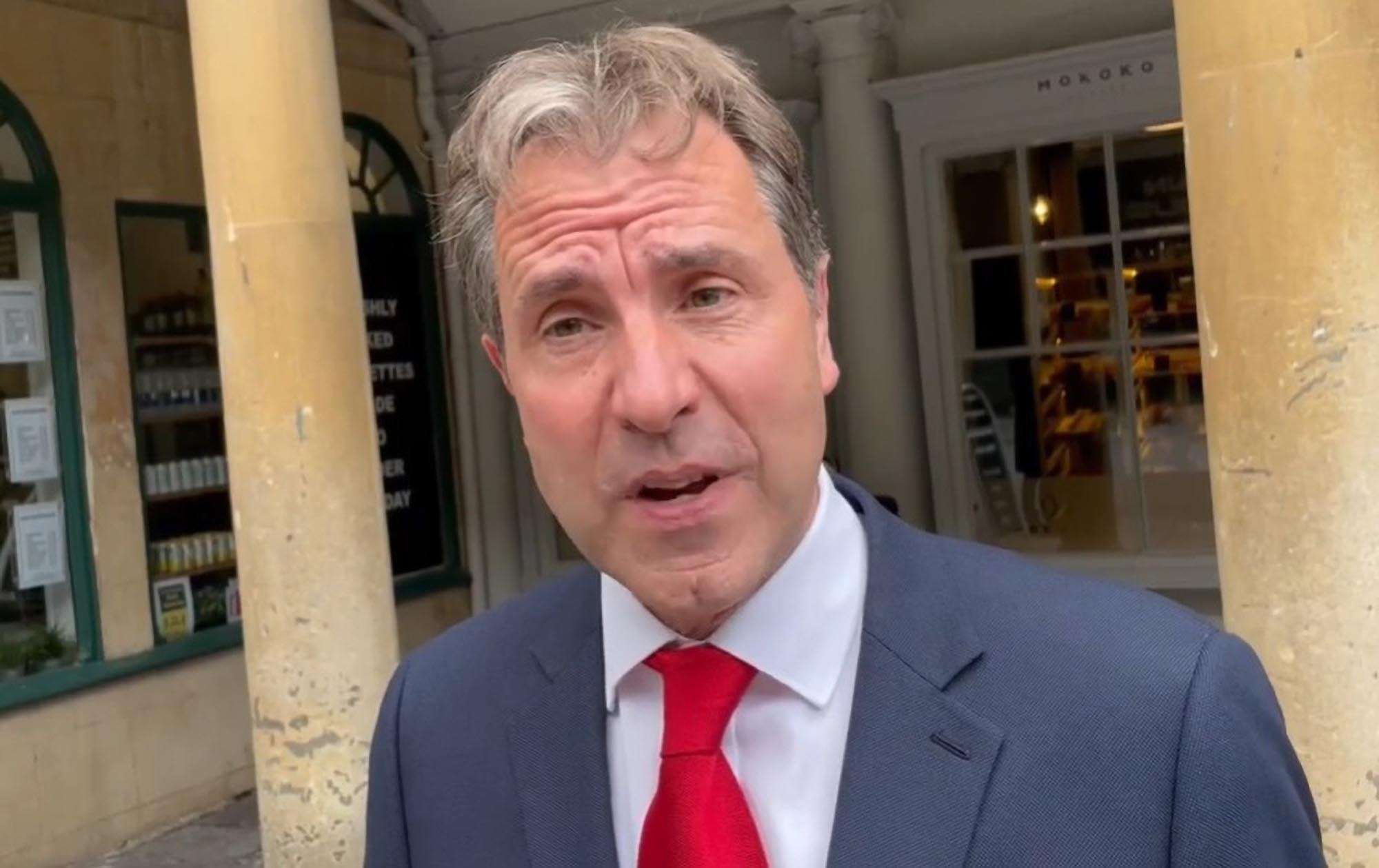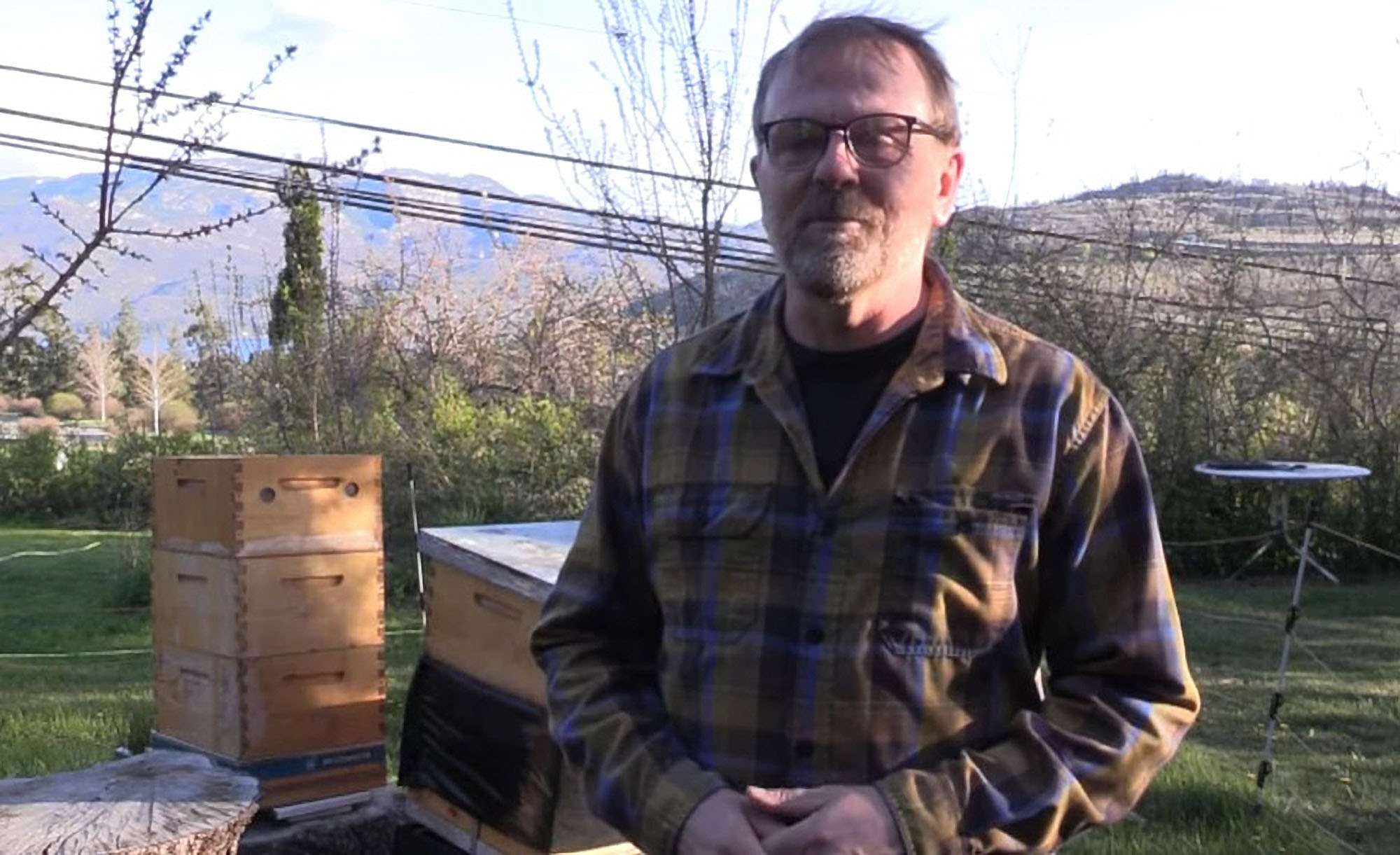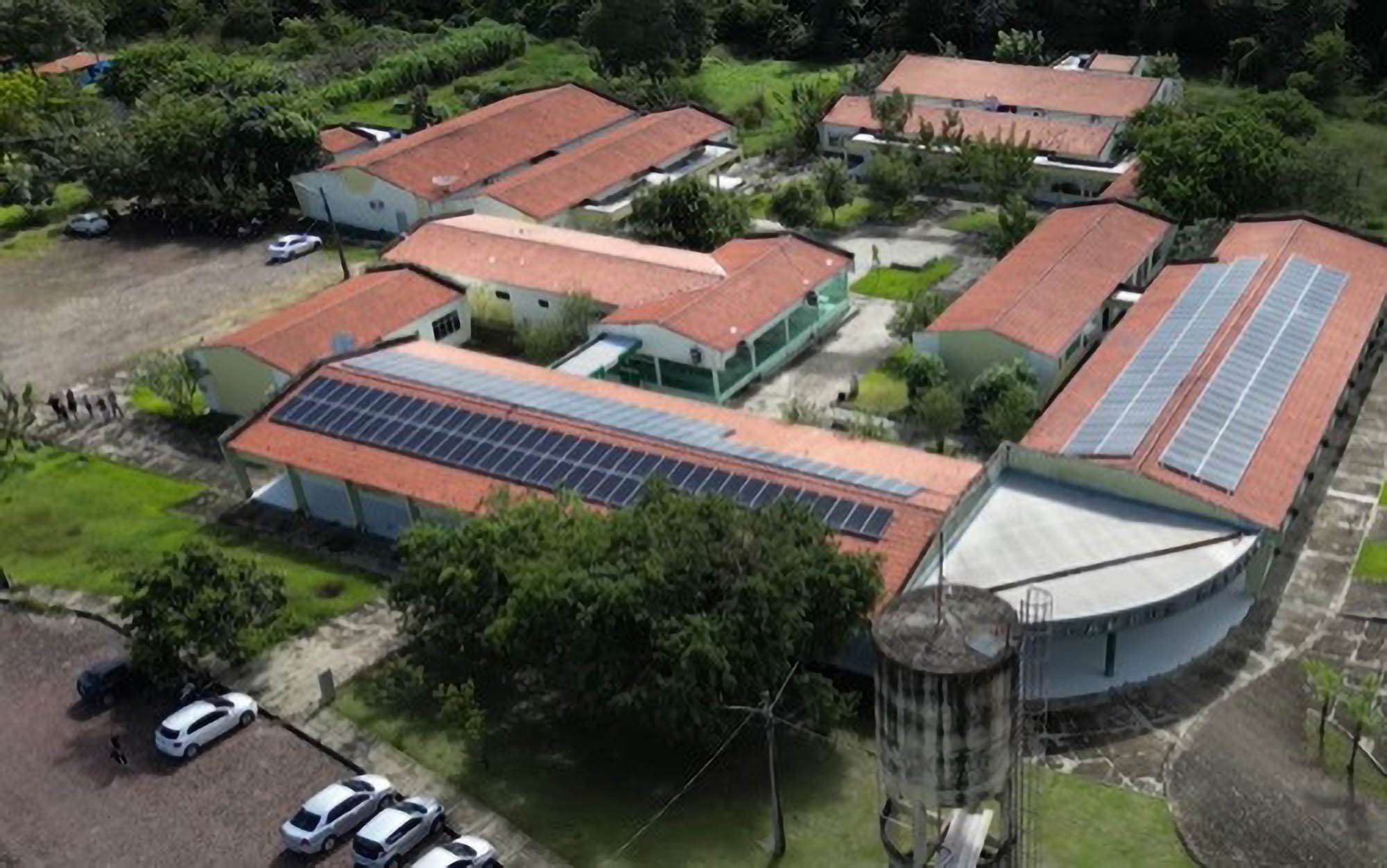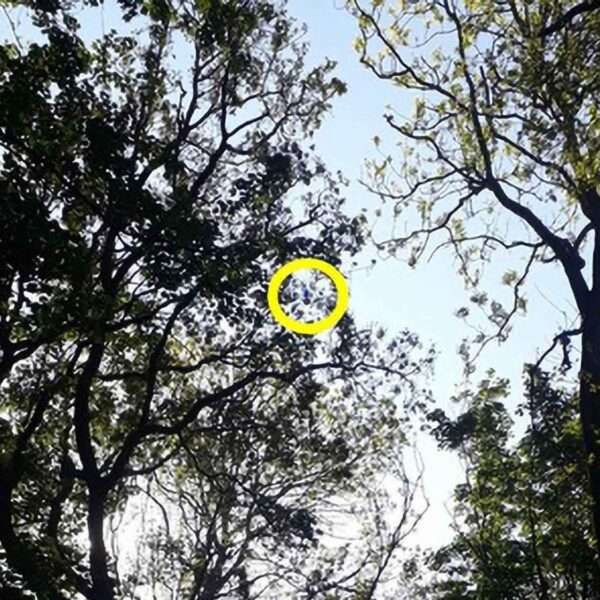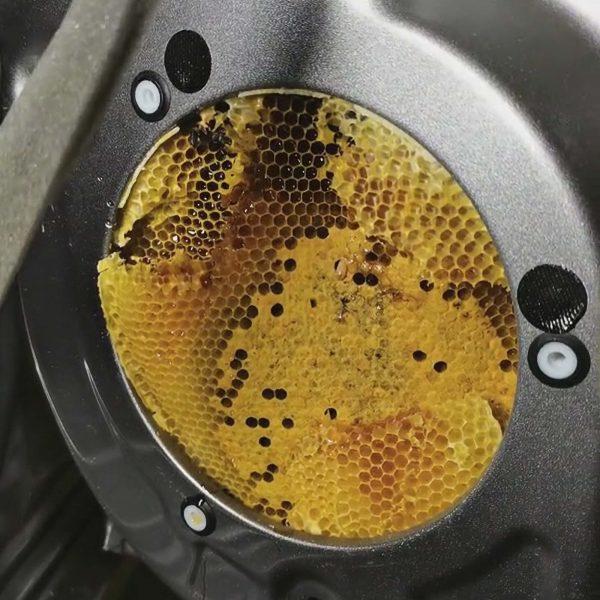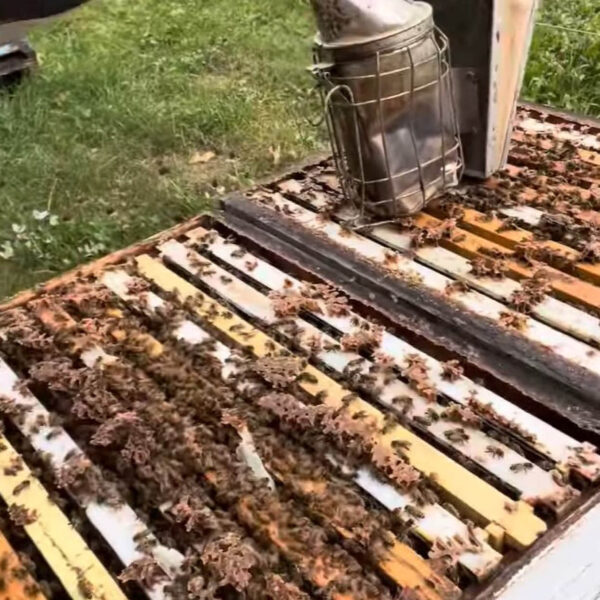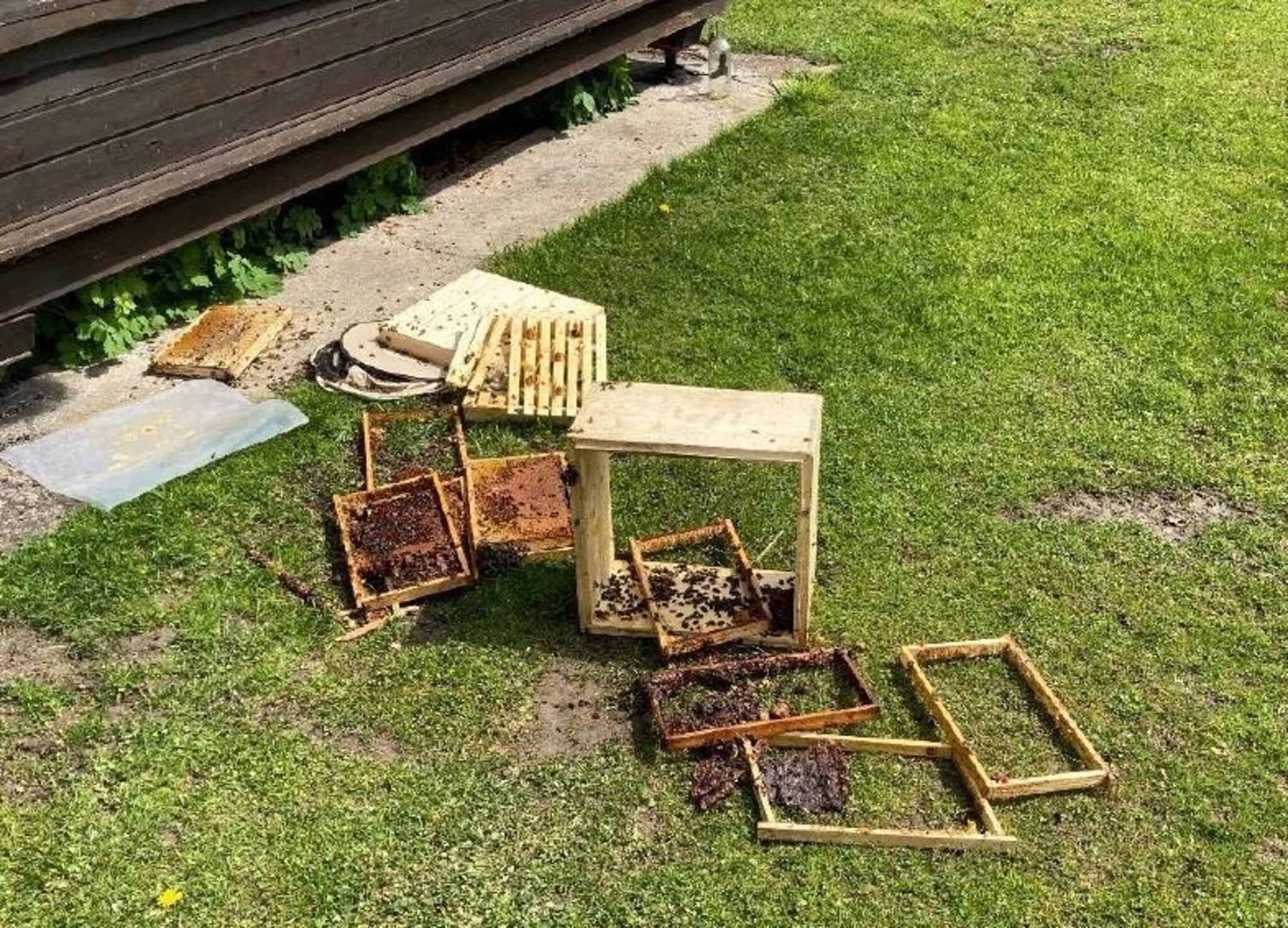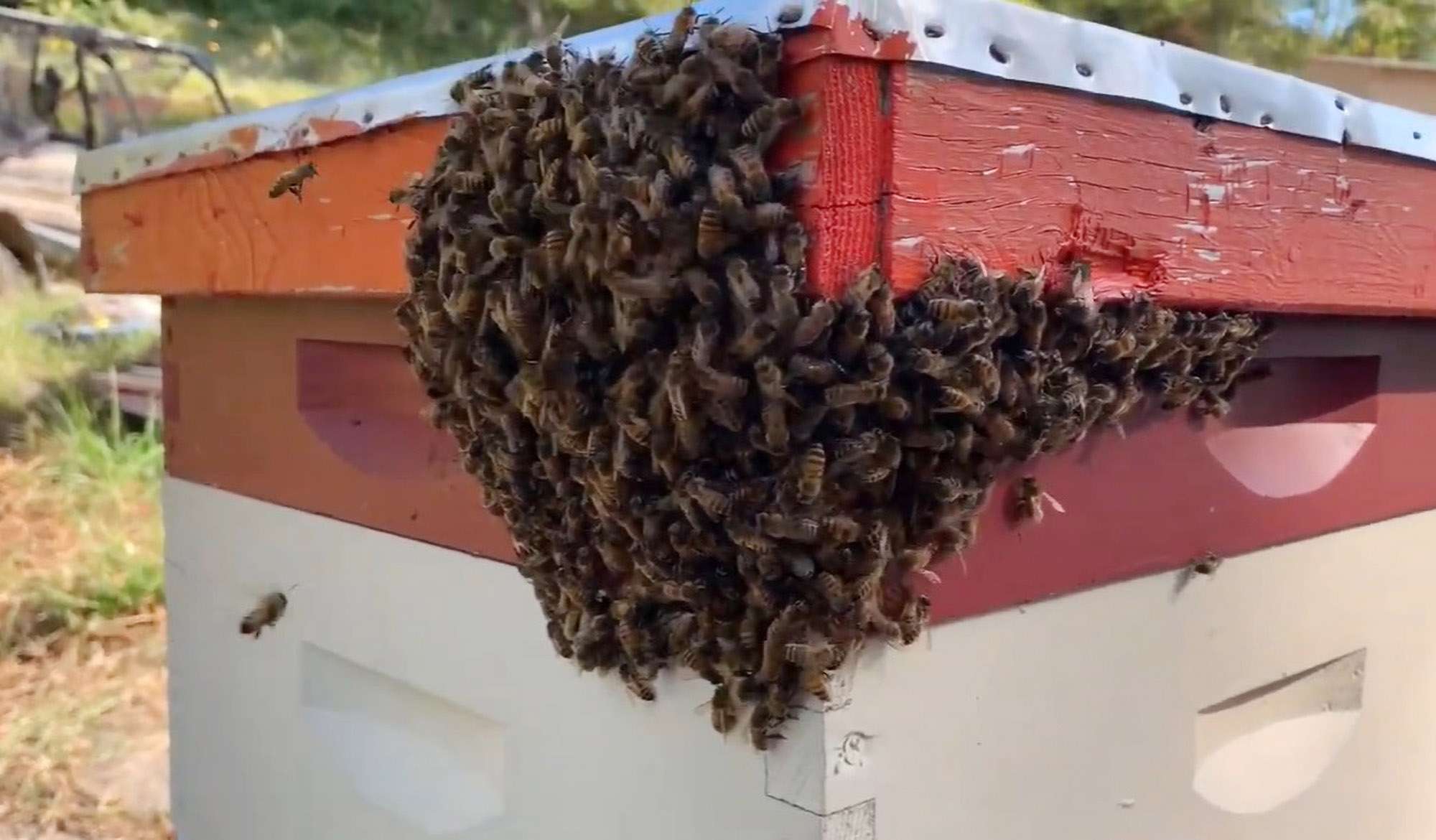Residents and entrepreneurs of a region in western England have been encouraged to participate in a competition aimed at honouring biodiversity initiatives.
Dan Norris, the metro mayor of West of England Combined Authority, said the ‘Bee Bold’ Awards would return this year following the great reception they had received in 2022.
The Labour politician said the target is to “increase the number of bees and pollinators in our region and make the West of England the Pollinator Capital of the UK.”
Norris – who claimed that around 41 per cent of pollinator species across the United Kingdom are in decline – announced: “We want the West of England to be the Bee and Pollinator Capital of the UK.”
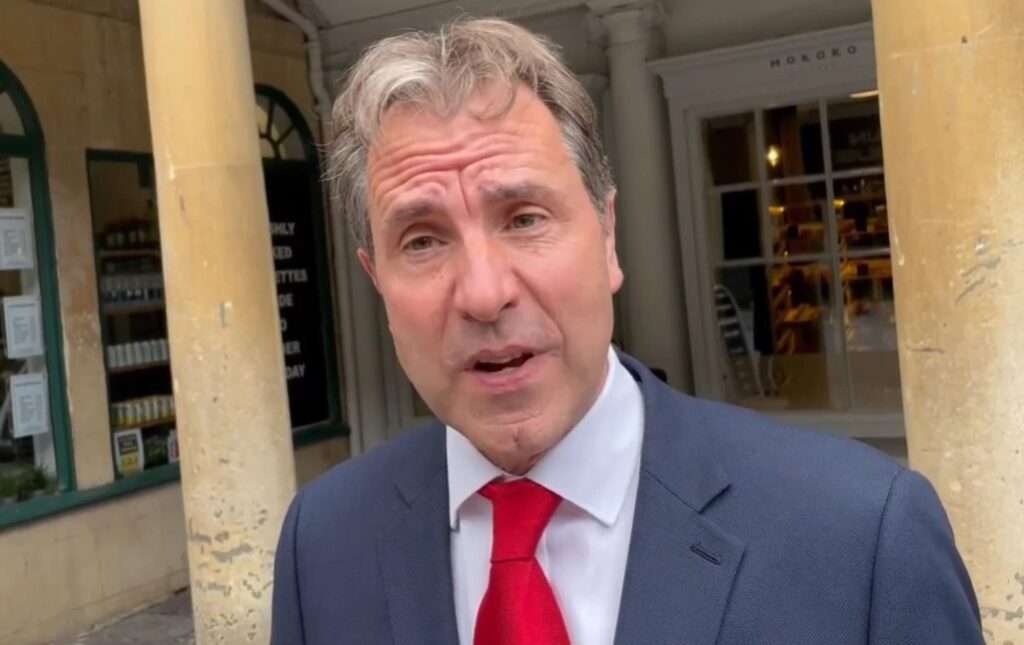
The politician explained that the awards are part of his administration’s ‘Climate and Ecological Strategy and Action Plan’ under which wildlife resources in the area should increase by 30 per cent within the next seven years.
The competition’s goal is to create more attention for the efforts of individuals but also companies in the region which consists of Bath, Bristol, South Gloucestershire and North East Somerset.
Projects such as environmentally friendly allotments and blossoming community patches are being sought by the mayor’s panel of judges, according to the Bath Echo newspaper.
Norris emphasised: “Because bees and pollinators do such vital work on our behalf, flying from crop to crop, tree to tree meaning we get delicious West of England food and drink like strawberries or cider.”
Community groups, schools and businesspeople were able to hand in their applications online by the 28th of April. This year’s winners will be announced in June.
The West of England Combined Authority has around 950,000 inhabitants.
While domesticated honeybees are the best-known pollinator species, the 20,000 to 30,000 types of solitary bees that exist all over the world are considered immensely important too when it comes to ensuring balanced ecosystems.
Scientists estimate that over 40 different types of bees, wasps and butterflies have become extinct in the United Kingdom during the past two centuries.
University of Sussex biologist Prof Dave Goulson recently warned: “Insect populations are declining rapidly and we urgently need to take action.”

